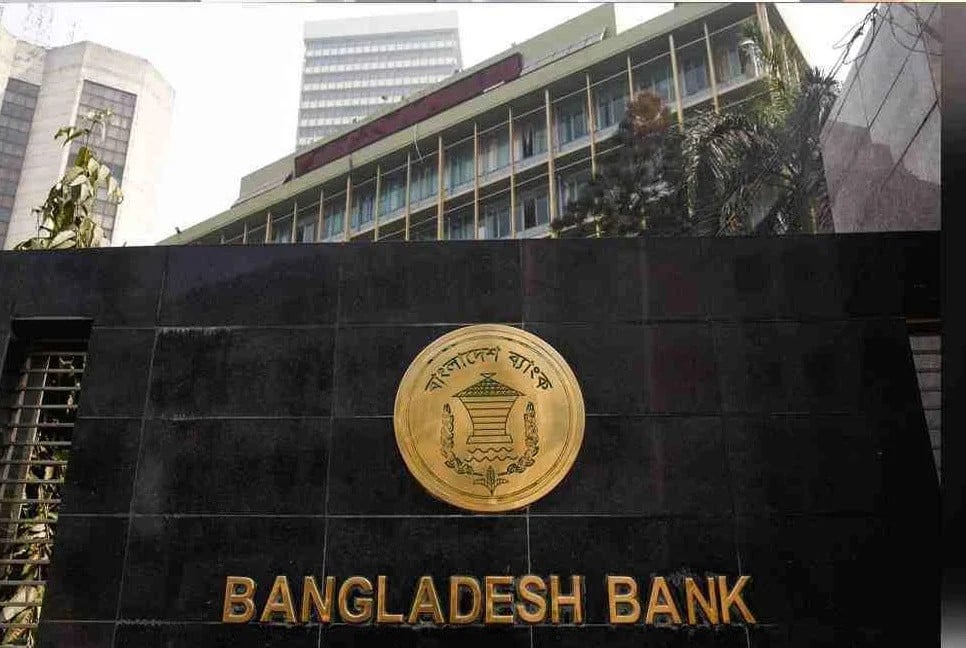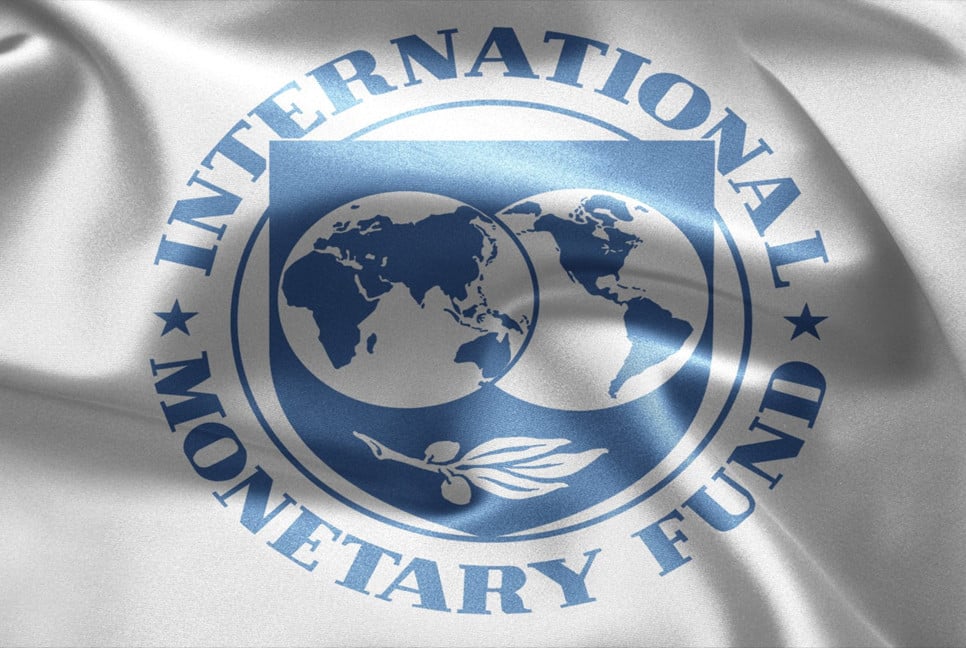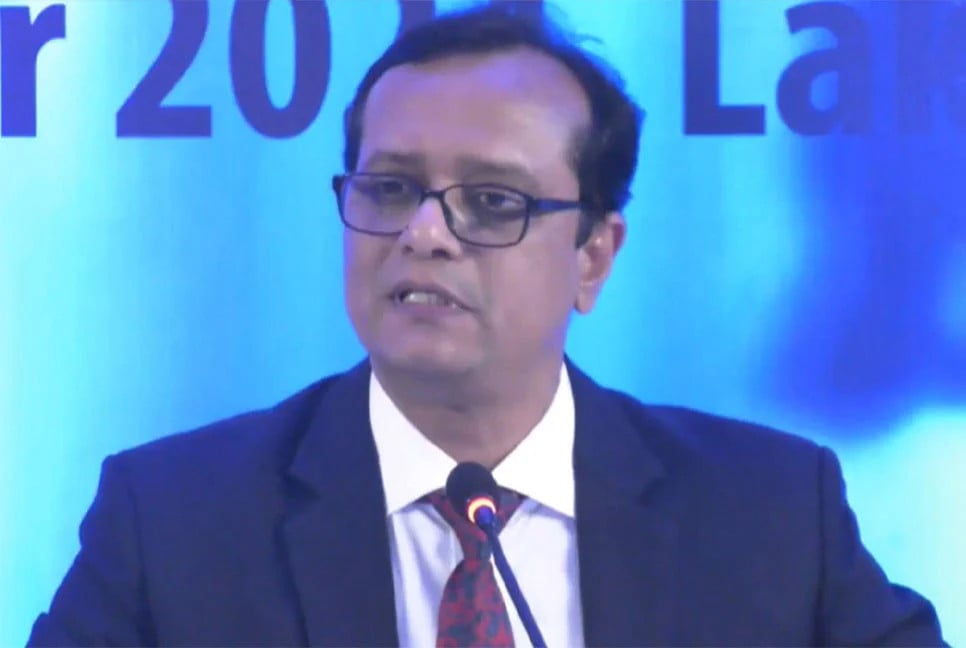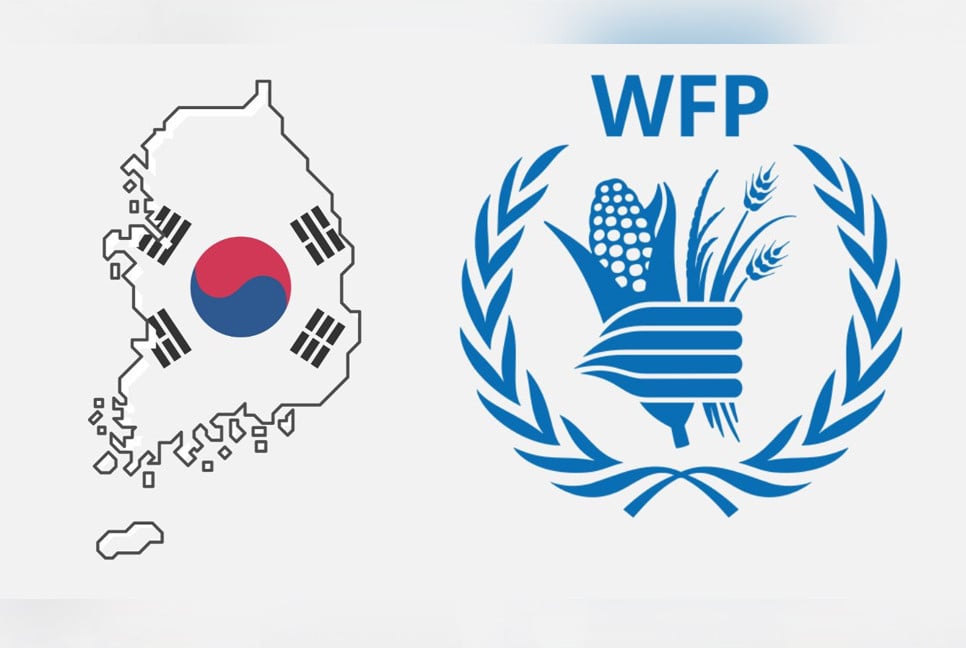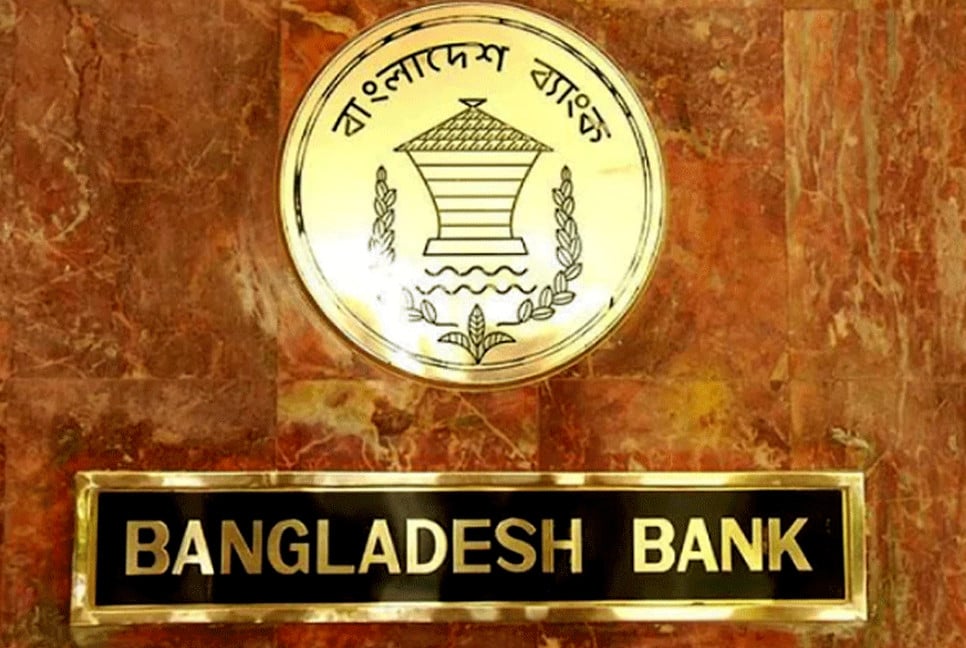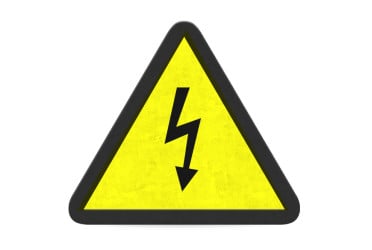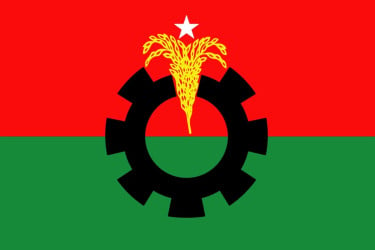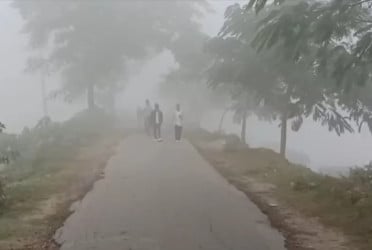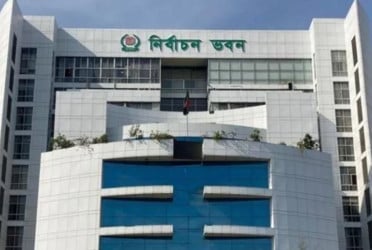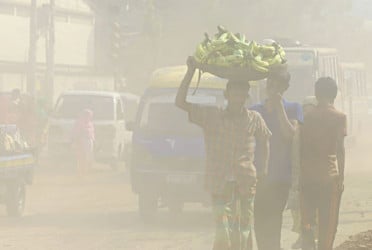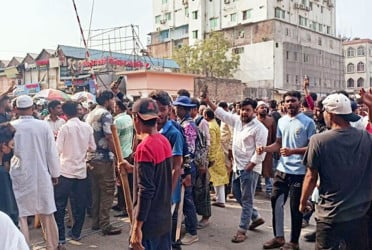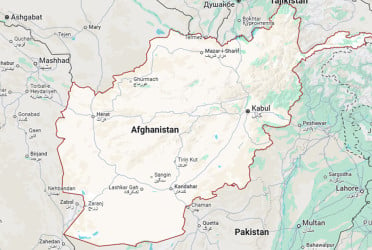Bangladesh Garment Manufacturers and Exporters Association (BGMEA) former president Faruque Hassan said when a unit of a group of companies defaults on a loan, banking facilities for the other units under the group are also suspended, effectively labelling them as defaulters. This practice should be abolished.
While talking to the Bangladesh Pratidin on Tuesday, Faruque Hassan said most businessmen do have not enough funds. As a result, they form company along with multiple partners or family members. If any one of these individuals or an organization defaults, the benefits of that organization are stopped. The bank facilities of all other units under the group of the company are also stopped.
Hassan emphasized the need to move away from this detrimental practice, which jeopardizes all involved entities and can lead to irreversible business closures. He called for a re-evaluation of these practices to foster a healthier business environment.
He expressed concerns about the rising loan interest rates, which have led to increased fund management costs and, consequently, higher production costs for products. Hassan described this as a significant issue. In developing countries, interest rates are often raised to combat inflation, but he doubts that this approach will effectively address the problem, as controlling inflation should focus on reducing the prices of daily essentials.
He noted that the majority of loans in Bangladesh are taken by large companies, business groups, and corporate institutions, while personal loans remain relatively low compared to international standards. For this reason, the interest rate is increased abroad to curb inflation.
He provided the example of a bread manufacturer, explaining that if such a producer takes out a bank loan, their production costs will inevitably increase. As a result, costs across various sectors are rising, leading to higher production expenses. Investment levels have already decreased, and many buyers have ceased making purchases, with several cancelling shipments scheduled for September and October. This downward trend is likely to continue, and new job opportunities are unlikely to emerge, leaving uncertainty about the future state of the economy.
bd-pratidin/Rafit

.jpg)
